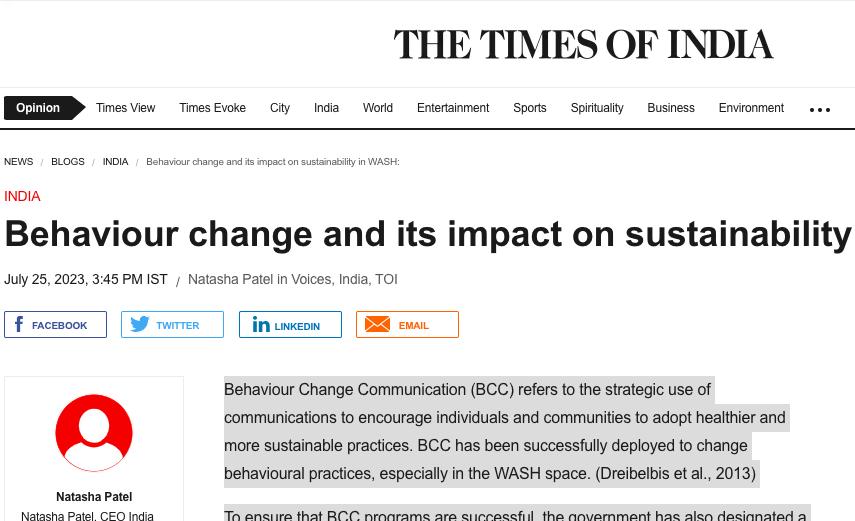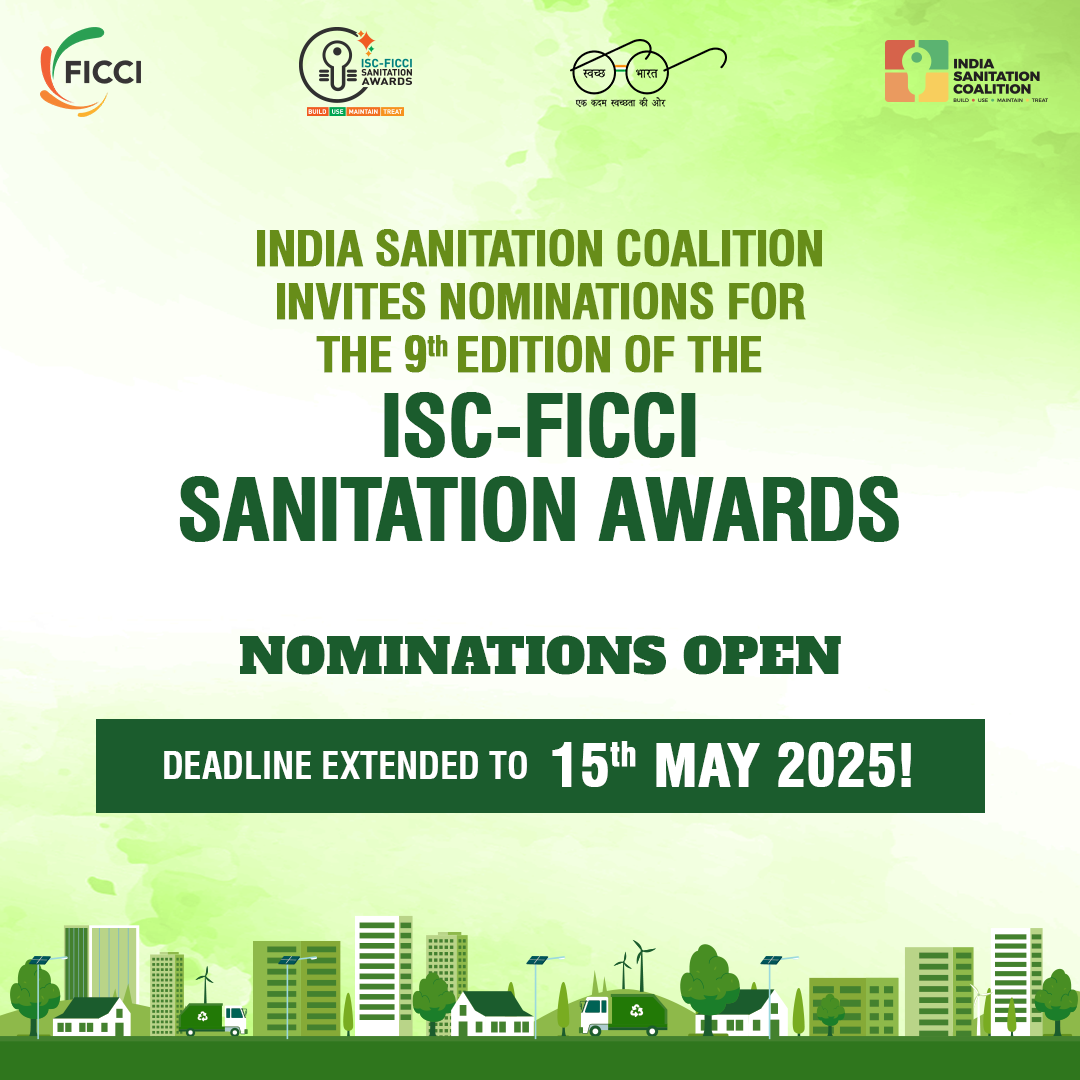Behaviour change and its impact on sustainability in WASH:

Behaviour Change Communication (BCC) refers to the strategic use of communications to encourage individuals and communities to adopt healthier and more sustainable practices. BCC has been successfully deployed to change behavioural practices, especially in the WASH space. (Dreibelbis et al., 2013)
To ensure that BCC programs are successful, the government has also designated a certain sum of money. For Swachh Bharat, for instance, the guidelines clearly state that up to 5 per cent of the total funding for programmatic components of SBM (G) Phase-II funds can be used for IEC and capacity building; up to 2 per cent can be used at the centre level; and up to 3 per cent can be used at the state or district level towards educating communities in this regard, but sadly, this activity remains largely on paper or only sub-optimally implemented. This is where the corporates and their NGO partners come in.
The Lighthouse Initiative launched earlier this year by the Department of Drinking Water and Sanitation (DDWS), Government of India, in partnership with the India Sanitation Coalition to provide Solid and Liquid Waste Management (SLWM) facilities across all the villages of India, has as one of its KPIs, the need for effective IEC/BCC to achieve long-term impact and sustainability.
